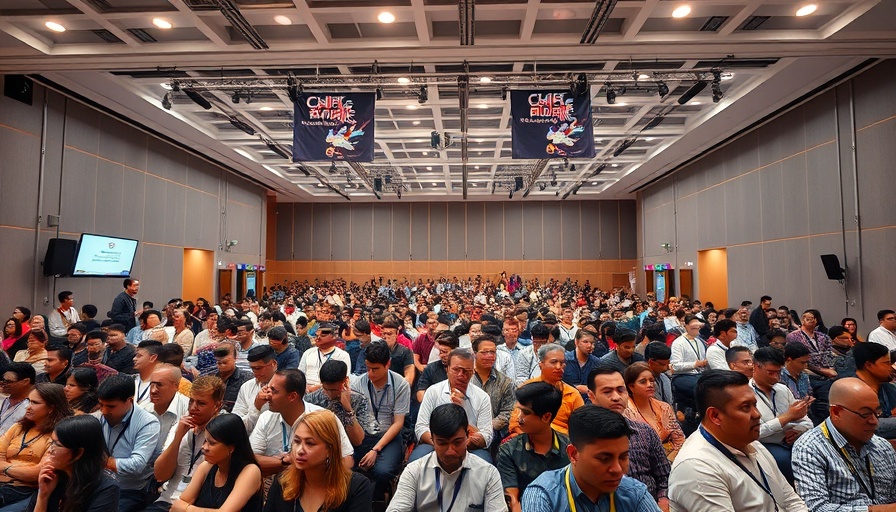
Introducing Enoch Godongwana’s Budget: A Source of Division
The recent budget speech by South Africa's Finance Minister Enoch Godongwana has ignited significant backlash from opposition parties. Various political factions have criticized the speech, labeling it as both "expected" and "disappointing," with calls for a more rigorous economic approach in the face of escalating fiscal challenges.
Diverse Critiques from Political Parties
Political parties, including the DA and EFF, voiced their frustrations post-budget announcement. The Democratic Alliance (DA) highlighted a lack of effective planning to combat the country's pressing economic issues, such as rampant unemployment and devastating load shedding. EFF's chief whip, Floyd Shivambu, denounced the budget as a continuation of austerity that disproportionately affects the impoverished, while praising the rhetorical efforts of Godongwana without substantial progress.
In contrast, officials from the ruling African National Congress (ANC) defended the budget, claiming it prioritizes vulnerable communities amid drastic fiscal realities. Fikile Mbalula, ANC's secretary-general, emphasized the government's focus on maintaining infrastructure projects essential for economic recovery. This dichotomy underlines the fractured nature of South African politics, especially as it relates to fiscal policy and social responsibility.
Economic Context: The Backdrop of Crisis
The criticism extends beyond mere politicking; it resonates with the everyday challenges faced by South Africans. The country's economic landscape is marred by rising crime statistics, exorbitant unemployment rates, and the pervasive crisis at Eskom, wherein load shedding continues to disrupt daily life and economic activities. These factors exacerbate the existing disparities and have led to public sentiment turning against what many see as a government incapable of breaking the cyclical nature of its shortcomings.
A Future of Ambiguity: Predictions for Fiscal Policy
Looking ahead, the budget reveals a challenging future for fiscal policy in South Africa. Analysts predict that unless innovative strategies are adopted to stimulate growth and diversify revenue streams, the country's debt levels will continue to spiral out of control. There’s a growing concern that lacking investments in infrastructure and public services will further alienate the electorate, particularly amidst increasing demands for social grants and healthcare improvements.
Actionable Insights and the Path Forward
For South African professionals, understanding the implications of these budgetary decisions is crucial. Businesses must brace for potentially higher taxes and impacted spending. However, this may also present opportunities for growth should innovative public-private partnerships be effectively deployed. Engaging with policymakers or through local trade unions might allow professionals to advocate for fairer, more sustainable economic policies that reflect the needs of the community.
Conclusion: The Call to Engage
As the political landscape continues to evolve, understanding the intricacies surrounding South African politics is vital for any engaged citizen. The opposition parties’ responses highlight not only dissatisfaction with the current trajectory but also embody a broader narrative around accountability and leadership. It urges citizens to remain informed and engaged, pushing for government accountability and collaborative economic strategies that strive to alleviate the ongoing hardships faced by communities.
 Add Row
Add Row  Add
Add 




Write A Comment